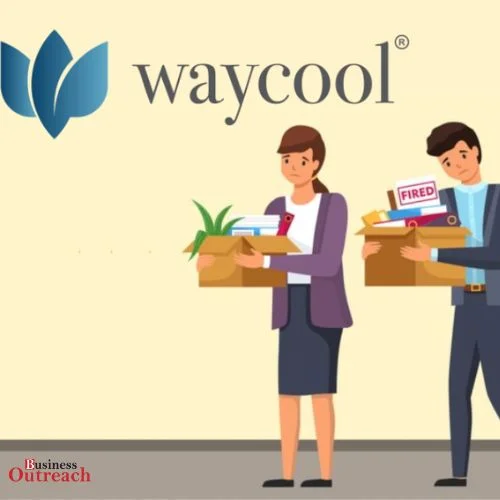Anil Agarwal, the owner of Vedanta, is considering selling a part in the mining giant as a last resort, according to a report from the news agency Bloomberg on Thursday. The Vedanta Group is in talks with banks about the possibility of selling its stake.
According to the article, Anil Agarwal is considering whether to sell a share in the Mumbai-listed business worth less than 5%. 5% ownership is equal to around $630 million. According to the story, the billionaire will only consider selling a part of Vedanta as a last resort if all other means of generating money prove unsuccessful.
A spokesman for the firms responded to Bloomberg News’ inquiry by saying that any rumors of a share sale in Vedanta Ltd. were unfounded and inaccurate.
Vedanta Resources hired American financial services company Cantor Fitzgerald in February, according to a report from ET, to syndicate loans to borrow up to $2 billion to pay down its short-term debt obligations.
The Rajasthan-based miner Hindustan Zinc is preparing to distribute an interim dividend of 26 rupees per share, according to a filing with the market on Tuesday. The Indian government, which owns around 30% of Hindustan Zinc, and Agarwal’s Vedanta Ltd., which controls about 65% of it, will both stand to gain significantly. The principal holding firm is Vedanta Resources Ltd. of London.
Agarwal, who has been forced to rely increasingly on dividends as a result of the Indian government’s opposition to his proposal to sell the group’s foreign zinc business to Hindustan Zinc for approximately $3 billion, would feel some comfort from the additional influx.
Recent downgrades by the rating agency Moody’s on Vedanta Resources’ CFR include a CAA1 rating with a ‘poor’ outlook. The downgrades take into account the growing refinancing risk associated with the holding company’s significant debt obligations.
Vedanta Resources said in February that it had already reduced its net debt by $2 billion this year, or half of its three-year targeted reduction pledge, to allay investor concerns over the company’s liquidity and capacity to meet future commitments.
According to files with the regulatory authorities, VRL recently returned $250 million in loans that the business had obtained from Barclays Bank and Standard Chartered Bank.
In an effort to ease investor concerns over its financial situation, the business had earlier said that it had sufficient resources to satisfy debt repayment obligations in the upcoming quarters.
When it comes to securing USD 1.75 billion through a combination of syndicated loans and bilateral bank facilities, VRL has previously stated that it is in the advanced stages of finalization.
According to the corporation, it has paid off all of its debt that was due for repayment until March 2023 in advance, deleveraging by USD 2 billion during the previous 11 months.
Moreover, it is confident in its ability to achieve its liquidity needs for the quarter ending in June 2023.
Agarwal made his money through a string of risky purchases. In 2001, he purchased ownership of the Bharat Aluminum Company, which was previously held by the government, making it one of the country’s first attempts to sell off state-owned assets. It was followed by his acquisition of Hindustan Zinc, another government-owned company. Despite lacking any prior oil and gas expertise, he was able to win the 2007 bids for Cairn India and Sesa Goa Ltd., which at the time were India’s largest iron ore producers.















